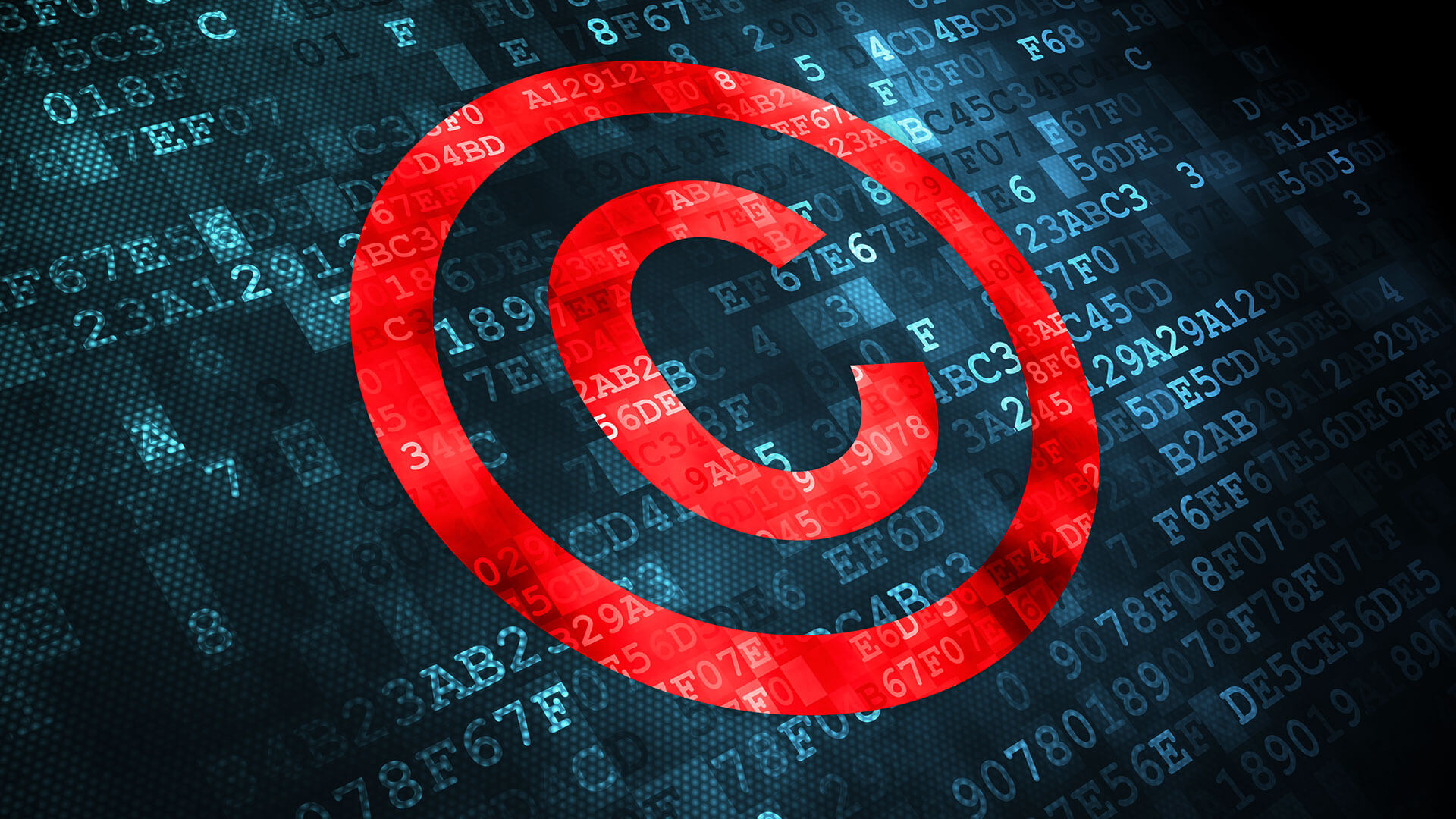
Now that GDPR is in force, attention turns to the next challenge for US technology companies: proposed EU copyright reform. The pending legislation, which has been gaining momentum and moving through European Parliamentary committees over the past several years, would take the disastrous “link tax” approach applied in Germany and Spain across the whole of Europe.
The stated intent is to harmonize copyright laws across Europe. There’s a fragmented set of laws and enforcement rules that the European Commission wants to fix to create a single digital market.
While reconciling a tangle of copyright rules makes sense, the way it is playing out could be disastrous for everyone. Julia Reda, a German member of the European Parliament, has repeatedly warned of the negative consequences of the pending legislation as an “attack on the hyperlink.”
The law has two major problems according to Reda:
- Link tax: The law would require permission and potentially licensing fees to embed links in a piece of digital content, unless there’s a copyright exception. Europe does not really have a formal fair use doctrine. This essentially operates as a “link tax.”
- Aggressive copyright takedown rules: Platforms would be liable for infringements by users, with some exceptions. Accordingly, content sites (e.g., music and video) would likely be compelled to proactively scan uploaded content before publishing to make sure it didn’t violate copyright rules — resulting in potential censorship.
Earlier this year, European governments issued guidelines requiring “illegal content” to be rapidly removed (within one hour). While that was primarily directed at “terrorist content, incitement to hatred and violence, child sexual abuse material and counterfeit products,” it also extended to copyright infringement.
A mix of motivations is playing out behind the scenes. One, as mentioned, is creating a uniform set of copyright laws across Europe. But equally, traditional media publishers are seeking what might be described as a subsidy from Google, Facebook and others who index links and snippets from news stories. The EU wants to “level the playing field” between big internet companies (which are mostly US-based) and traditional publishers. The publishers and their agents have been lobbying for these copyright changes and claim it’s about basic fairness.
If the law as proposed passes, Google would likely be required to pay whenever it shows even snippets of copyrighted content in News or search results. But similar laws in Spain and Germany did not result in the anticipated benefits for traditional news publishers — and caused damage to both users and publisher interests.
Just as GDPR, which is mostly well-intentioned, is already having some unintended consequences, this law probably should be carefully and seriously evaluated in light of its critics’ concerns before passage.